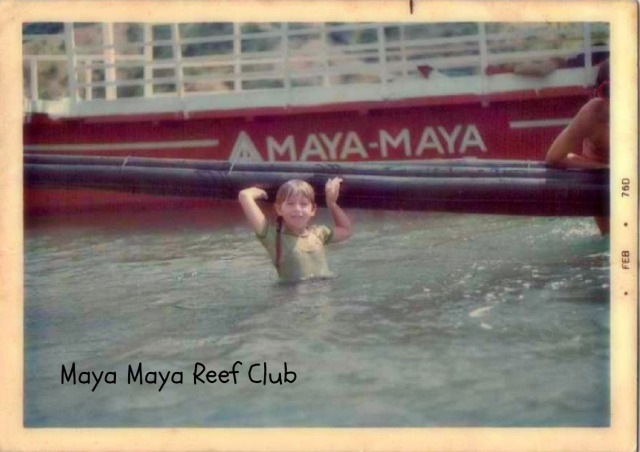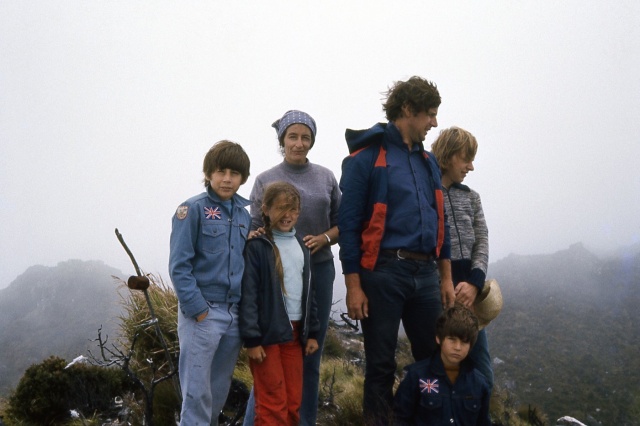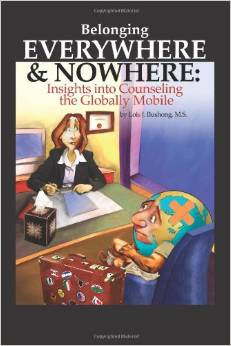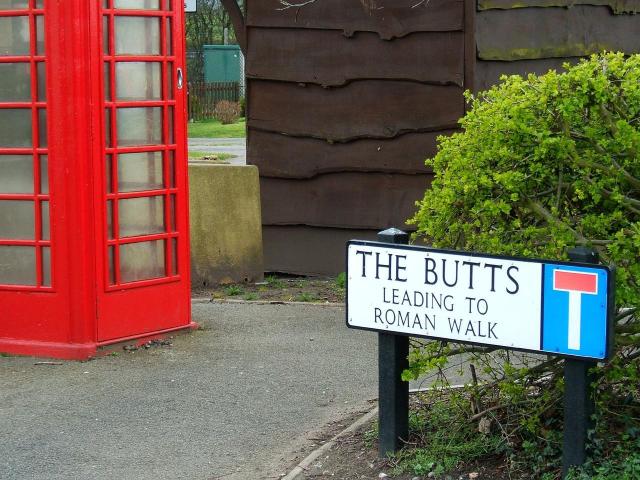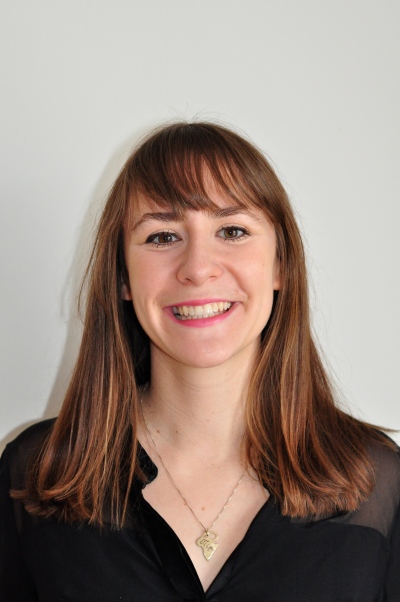There has been a huge debate going on in an expat Facebook group I belong to over the past few days about whether it is right to take children to live overseas.
Started by a woman who is obviously struggling, the post hit such a nerve that within 24 hours she had something like 200 responses. And almost every one of them with a different view. Which just goes to show – no-one really knows the answer.
Some people obviously took huge offence at the notion that it isn’t necessarily in the best interest of the child to take them away from all that they know and love, into an alien environment where they would have to make new friends and find a new routine. To them, their decision to take their offspring abroad was seen as an entirely positive thing. They would be bringing up global nomads who would navigate their lives with a fantstic grounding in world knowledge, an understanding of different cultures and hopefully an extra language or two.
What could be wrong with that, right?
Well of course to many, this wasn’t so right. Others piled in with a totally different story. Loss of identity, sense of not belonging anywhere, losing friends, missing family……there were plenty of stories from the other side of the coin to counteract the rainbows and unicorns thrown around by the first group.
In between of course were plenty of sensible comments made by people who understood that in the end there is no “right” and no “wrong”. That just like pretty well everything when it comes to parenting (apart from maybe making sure your child doesn’t stand too close to the edge of Niagara falls), it’s all just guesswork. It is impossible to know exactly what effect your decisions today will have on your children in the future – you can only weigh up all the considerations and they chose one way. And hope. Not only that, but every family, every child, every situation, is unique. What works for one will not necessarily work for another. And what worked for your child when they were 5 or 6 years old might be a different story when they reach their teen years.
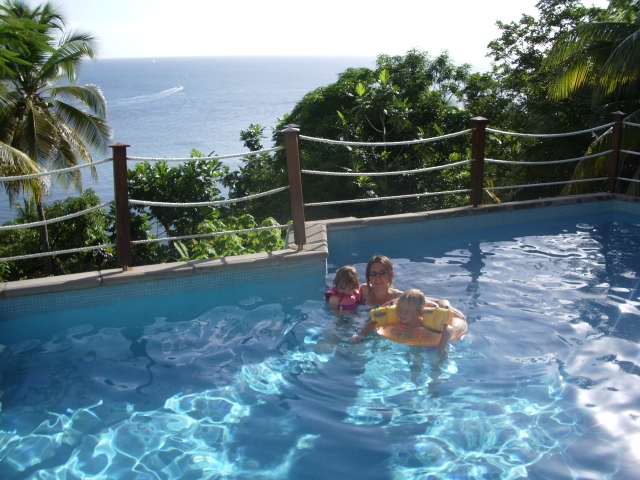
Expat life can definitely have its advantages for children….
So should you move abroad when you have children? Well, having been a Third Culture Kid (TCK) myself, and now raising two more, I am not going to say no. But on the other hand I will caution that it is important to know what you are getting yourself into. I don’t agree with those who do nothing but rave about the experience. To me that sounds very defensive and I think there sometimes is a lot of “guilt” (oh don’t we all hate hearing about the parental gult!) behind their comments. Realistically, taking your children away from their home once, or multiple times, is going to affect them one way or another – and you are doing them a disservice to pretend otherwise.
However, so long as you are prepared and know what you are getting yourselves into, I also believe there are at least as many upsides as downsides to doing this – and hopefully in the end, the scales will come down in favour of taking the plunge. At the moment we are struggling with my youngest daughter who, nearly seven months after we moved here, is still unhappy. But on the plus side she has had some of the most incredible experiences that will stay with her for a lifetime, she is learning new languages, has friends from several different countries and been given an opportunity to learn about a fascinating country with a very unique history, first hand.
My other daughter has settled a lot better but there are a lot of issues around her schooling. Moving her into a different curriculum hasn’t been easy and I foresee problems when we move home again.
I, like others, question every day whether we have done the right thing. But there is no point in beating myself up about it – at the end of the day we are here and unless some emergency forces us home, we are staying for the duration. My youngest daughter might be unhappy but she could equally be just as cross at home – but for different reasons. And of course she isn’t always unhappy – she loves her new friends, seeing elephants in the wild, learning to ride a horse, being in the swimming pool for hours on end….
And the older daughter might have gaps in her maths knowledge, but she will have learnt things from being in a school with an international culture that she would never have the chance to back home. She will also have friends in several different countries – who hopefully we will have the chance to visit once this posting is done and dusted.
So what is my conclusion? Well, really it goes back to the title of this post – which is, who knows! It really is just a guessing game and whilst I would love to give you a straightforward answer, I can’t. To take your children to live abroad or to not take your children to live abroad? Well, that really is the question!
Resources: I can recommend two brilliant resources for anyone who wants to know more, both of which I have reviewed on this site: Your Expat Child website and the book Belonging Everywhere and Nowhere: Insights into Counselling the Globally Mobile.
What do you think? Have you taken the decision to move abroad with children and if so was it the right one? Were you yourself a Third Culture Kid and if so, do you think it benefitted you? What advice would you give to others?



